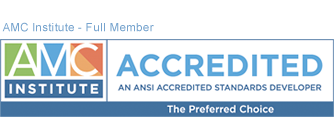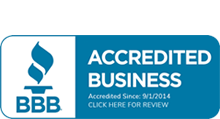A Strategic Shift: An Interdisciplinary Approach
Strategic Issue:
Although massage therapists are formally educated professionals holding licenses from regulatory departments within their State of practice, they at times face negative public perceptions about massage. There are often cultural misconceptions about touch and massage as therapeutic modalities that have since been found to have a proven role in health awareness, physical fitness, pain abatement, comfort and relaxation. Professional massage therapists, massage therapy learning institutions, and massage therapy associations work continuously to counteract the negative perceptions by emphasizing occupational professionalism.
Massage therapy schools are ideologically oriented toward increasing the status of the profession as a whole through instruction in anatomy, physiology, kinesiology, and other medically-oriented treatment styles. Unlike others in medically related professions who can look forward to entrance into an already established profession that entertains high expectations about competence from the general public, the burden of proof is on the massage therapist. Additionally, there are gender biases that emerge as though there are radically different expectations from male massage therapists in a profession that is predominately female.
Strategic Approach:
The Center for Association Resources studies sociological issues that are pertinent to our clients as a way to comprehend issues facing the members and as a way to work with volunteer leaders effectively. It is only by seeking to understand real-life issues in professional practice that allow us to think creatively about what are the most beneficial member benefits. At times, those benefits are intangible and are manifest in our interaction with members, the press, the leaders, other allied organizations, and the public. In the design stages of the chapter’s most recent State conference, we sought to establish a curriculum of interdisciplinary learning that would broaden the view of the attendees; would introduce speakers from other complementary and alternative medicine areas that introduce opportunities to attendees; and that acknowledge the skills required for the successful management of a practice.
Resulting Changes:
The conference keynote speaker, sourced by The Center, is a renowned professional in a related medical field who had also been appointed to the White House Council on Alternative Medicine. The Center also initiated a comprehensive branding project for the chapter to enhance the growth and credibility of the organization so that it is clearly differentiated and recognizable to its target and cursory markets.







